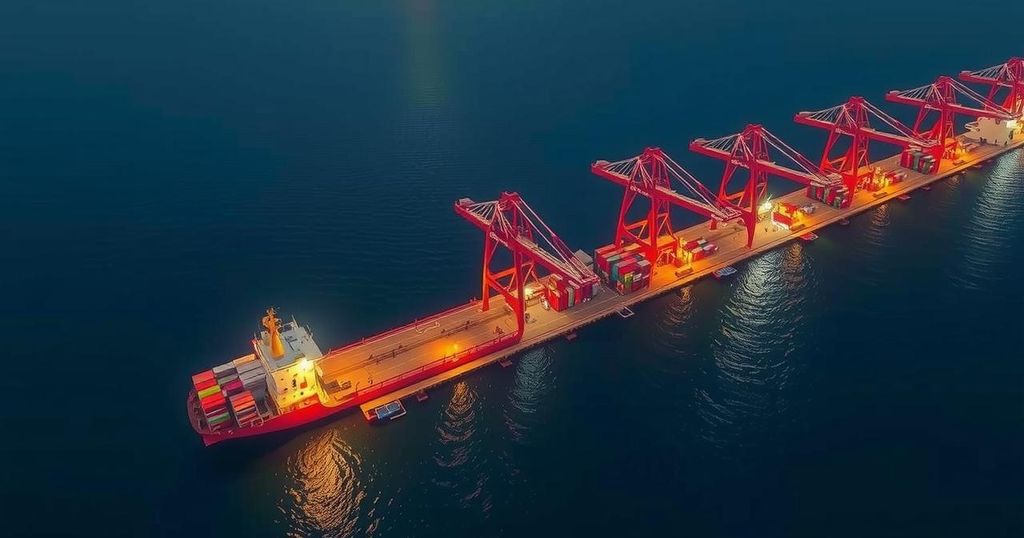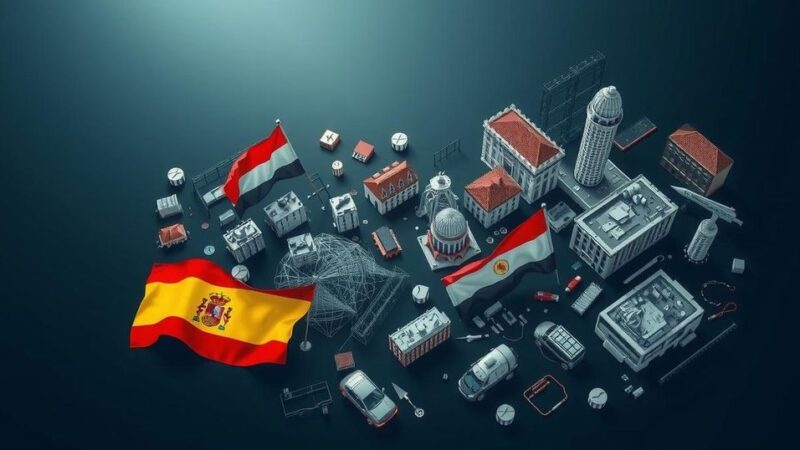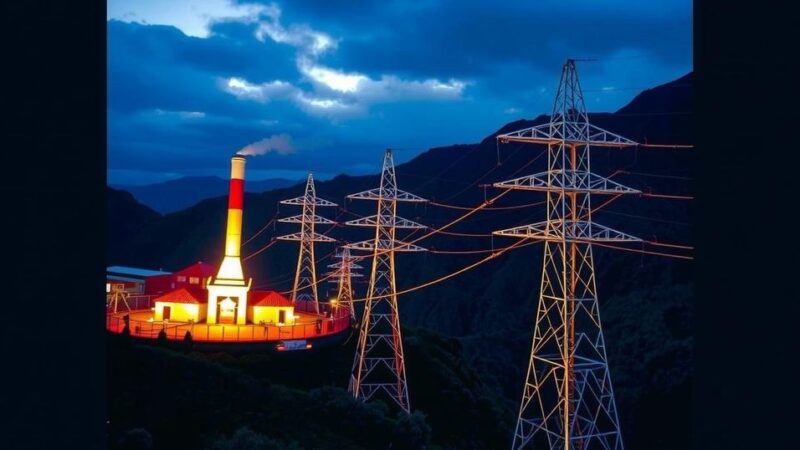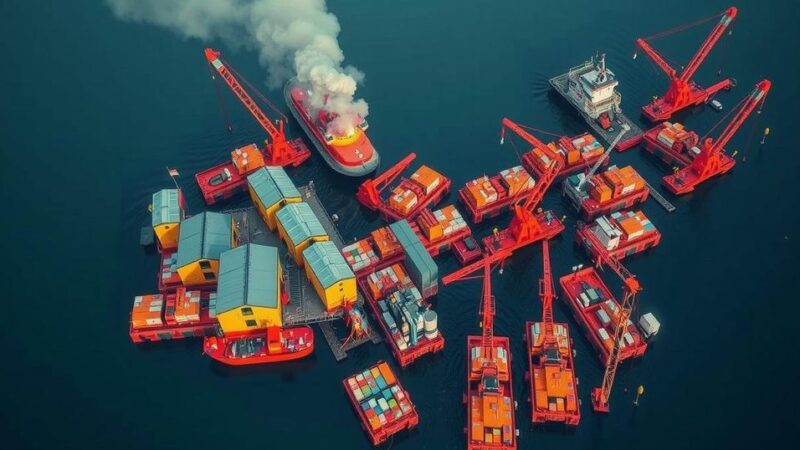Sudan has canceled its $6 billion deal with the UAE to construct a Red Sea port due to allegations of UAE support for local paramilitary forces. Minister Jibreel Ibrahim emphasized the rejection of UAE claims on the coast, highlighting the geopolitical tensions affecting Sudan’s foreign partnerships. The port project was meant to boost Sudan’s economy through infrastructure development but is now on hold.
The government of Sudan, led by Finance Minister Jibreel Ibrahim, has annulled a substantial agreement with the United Arab Emirates (UAE) regarding the construction of a new port on the Red Sea coast. Citing concerns over alleged support from Abu Dhabi for the paramilitary Rapid Support Forces amidst the ongoing conflict with the Sudanese Armed Forces, Minister Ibrahim stated, “We will not give the UAE a centimeter on the Red Sea Coast after what had happened.” The canceled deal, valued at $6 billion, was initially signed in December 2022, and envisioned the establishment of the Abu Amama port, which was to be accompanied by an industrial zone, an international airport, and significant financial deposits to the Sudan Central Bank. In a related matter, Minister Ibrahim announced that the World Bank is set to provide Sudan with a $300 million grant before June 2025.
The cancellation of the port deal with the UAE comes at a time of heightened tensions in Sudan, where the government is grappling with accusations against foreign entities for influencing local conflicts. The original agreement, intended to enhance Sudan’s economic infrastructure through the establishment of a significant port on the Red Sea, would have positioned Sudan as a pivotal trade hub in the region. However, geopolitical dynamics, particularly involving the UAE’s support for opposing military factions, prompted the Sudanese government to reconsider its partnerships.
In conclusion, the Sudanese government’s decision to terminate the port deal with the UAE underscores the complexities of regional geopolitical relations and their impact on local governance and economic initiatives. The government’s stance reflects a broader strategy to maintain territorial sovereignty amidst ongoing domestic strife and external pressures. Furthermore, the anticipated financial aid from the World Bank may provide necessary support to the Sudanese economy during this transitional period.
Original Source: www.altaghyeer.info






